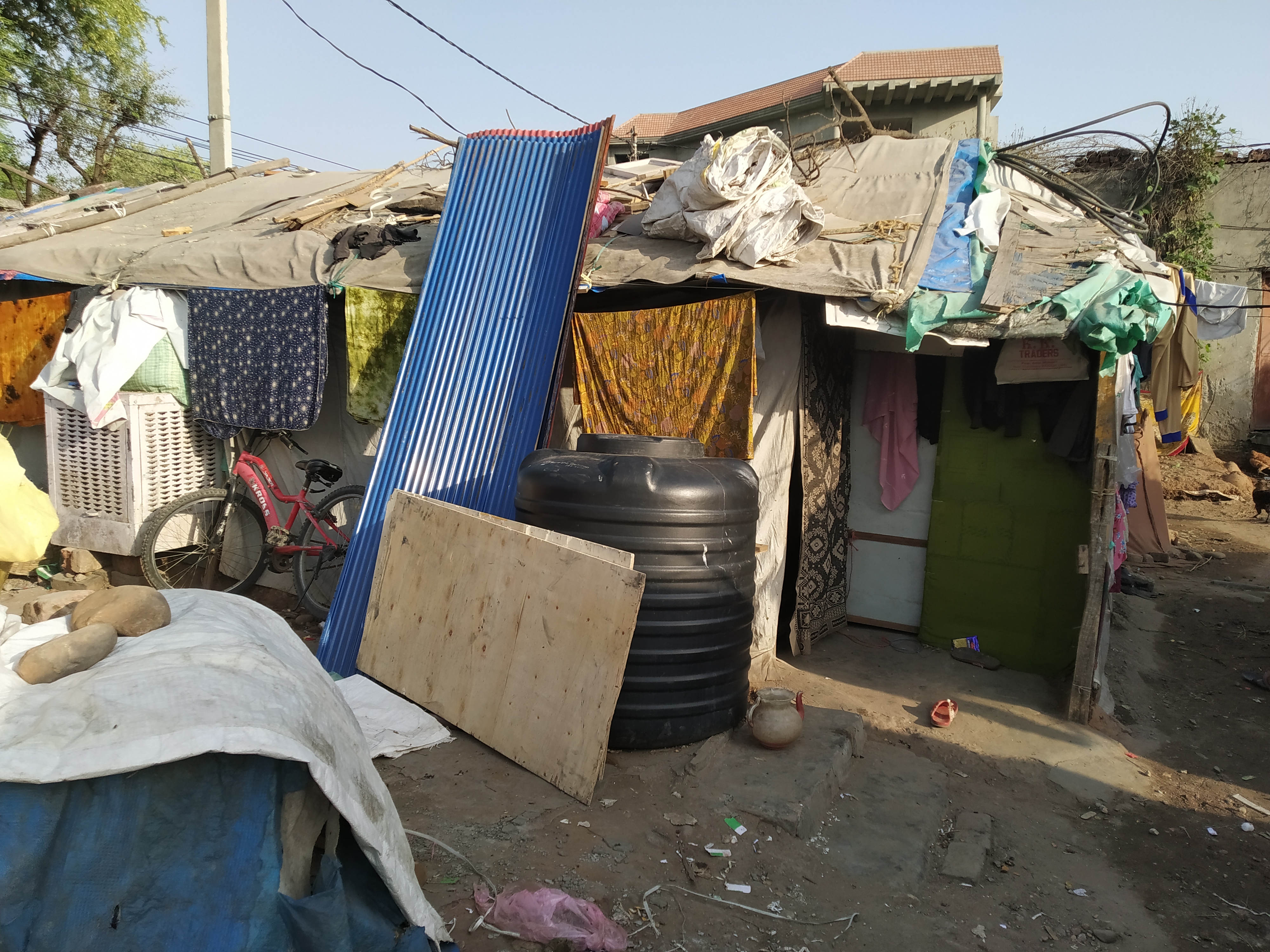The last time 12-year-old Rubina Begum saw her mother was a year ago when she was being taken away by policewomen in India’s Jammu region. Her mother, Hasina Begum, was among 170 Rohingya refugees who were detained and sent to a holding center as part of a refugee verification process.
A year later, Rubina said, the same policewoman informed them that her mother had been deported to Myanmar, the country from which she had fled to escape genocidal human rights abuses in 2012. Myanmar officially denies the existence of the Rohingya, a largely Muslim ethnic group that has lived in northern Myanmar for over a thousand years, instead labeling them “Bengalis,” illegal immigrants from Bangladesh.
The Indian government, for its part, has called the Rohingya who sought asylum in India “illegal immigrants” and a “threat to national security.” The Indian Supreme Court in 2021 refused to stop the deportation of Rohingya refugees.
In a shanty made of cardboard, tarps, and rags, Rubina huddled with her younger sister, Noor, and elder brother, Hussain Ahmad. She said they had not been able to see her mother for a whole year and then suddenly they were informed that their mother had been sent back to Myanmar.
“The police told us she was sent to Myanmar on March 15. They told us we will also be sent back,” said Rubina.
Prem Kumar Modi, superintendent of the Hiranagar Holding Center, told The Diplomat that they had detained 235 Rohingya refugees, of whom around 20 are minors. “We have completed the verification process. When and if the government asks us to deport them, we will follow the orders,” Modi said.
He said Begum’s verification was completed and there was also confirmation from the Myanmar side. “We cannot deport anyone without due process. There is a process that is followed by the Home Ministry, who are in communication with the Myanmar government,” he added.
What scares Rubina and her siblings is the thought of what might happen to their mother in Myanmar. Rubina said there are no Muslims left there and that her mother might be killed by the Myanmar military.
Rubina’s aunt, Nur Fatima, shared the same concern. “Maybe she will be killed there. We are hoping she is sent somewhere safe but there is no safe place for her in Myanmar. She will either be tortured every day or maybe raped or killed. Because that is what the military has been doing with us there,” Fatima told The Diplomat.
She said it was cruel on part of the Indian government to separate children from their mother. “They are not able to sleep,” she said.
The Myanmar military has committed “genocidal acts” against the Rohingya, in the words of a U.N. fact-finding team. The army has been accused of killing thousands of Rohingya, burning their villages, and engaging in a campaign of rape and torture targeting the Muslims, who are a minority in the Buddhist-dominated country.
The atrocities against the Rohingya forced nearly a million people to flee Myanmar and take refuge, the vast majority in Bangladesh but also in India. The refugees live in abject poverty, without access to basic amenities.

The shanty where Begum’s family resides in Jammu. Photo by Haziq Qadri.
According to the advocacy group Human Rights Watch (HRW), India hosts about 40,000 Rohingya refugees living in camps and slums in different cities and regions, including Jammu, Hyderabad, and New Delhi. Around 5,000 refugees are in Jammu, where they live in makeshift houses or shanties.
In March 2021, when 170 refugees were detained for the identification process, they were then sent to a holding center in Hiranagar jail, some 60 kilometers from the city proper. A year later, the number of those detained swelled to 235, according to HRW.










